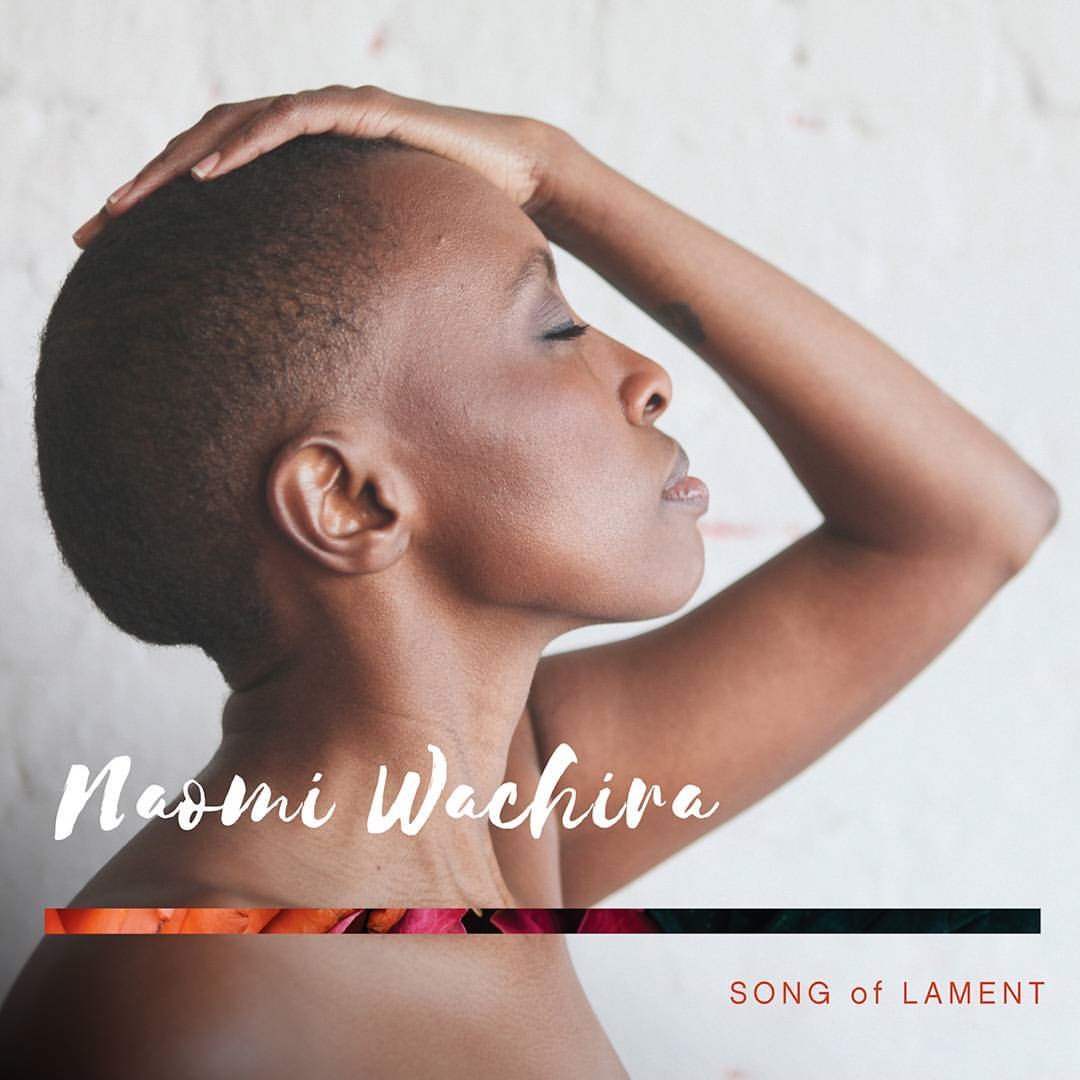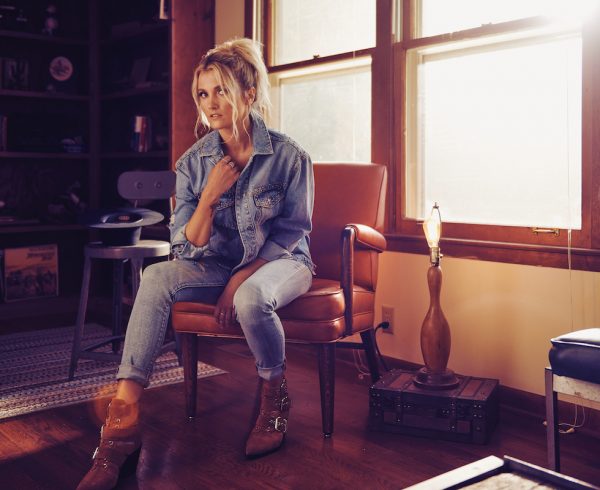On her second full-length album, Song of Lament, Naomi Wachira has created music of welcome simplicity that profoundly resonates with issues that touch all human beings. And she has a message.
“If there’s one thing I learned from my parents, it is to try and leave a place better than I found it,” Wachira is quoted as saying in her bio on her website. “My hope is that this album will do just that. I know we are certainly living in dark times, but I hope that we will all find the courage to be light in whatever way we’ve been gifted… that we will seek to understand those who are different from us and find ways to both acknowledge and celebrate our differences and similarities.”
Wachira grew up outside of Nairobi in a family where Christianity was central to her upbringing. After graduating from high school, she attended college in Chicago before finally settling in Seattle. Once she landed in a city with a crowded and vibrant music and arts culture such as Seattle, Wachira quickly ascended in the heady, hothouse scene. She was selected as the best folk singer in 2013 by Seattle Weekly magazine, a formidable accolade in a town filled with so many emerging and established musical artists.
Her Kenyan upbringing and Seattle habitation greatly impacted Wachira’s evolution as an artist. The two locales inform her sound, which is rooted in African rhythms but also reflects the strident individualism of the Seattle music scene that stretches from innovators such as Jimi Hendrix to Pearl Jam and beyond. Wachira’s lyrics reflecting a quest for truth and hope are rooted in simple, folk-based, singer-songwriter structures.
Having already released two EPs and a previous album, Wachira strikes a very confident note on this timeless recording. While some may hear echoes of Tracy Chapman in the way that Wachira uses reggae rhythms to bolster her simple folk songs, her music has a more African-based brew of sounds. Artists such as Mariam Makeba and Joan Armatrading also come to mind. Also, Wachira eschews preachy polemics for a more universal message.
The album is very much a product of the Seattle music scene, as it was recorded at the London Bridge recording studio and was produced by Eric Lilavois, who has produced such artists as My Chemical Romance. Lilavois brings a focused, crisp sound to Wachira’s music. He also contributes greatly to percussion throughout, making him a key collaborator on this album.
Wachira is backed by the quartet of Dave West on keyboards, Teo Shantz on drums, Masa Kobayashi on bass and Tommy Sandovallegos, who provides additional percussion. The album at times heads off in fanciful and textured directions thanks to Owuor Arunga on trumpet and Andrew Joslyn providing strings.
Oddly enough, with all the African and Seattle musical influences, much of the songs were written in Germany. Not surprisingly, Germany is one of the most culturally progressive places in Europe these days and it has spawned many vibrant, creative and artistic scenes.
While many of the songs were written In Germany, they reflect Wachira’s world-view of compassion and hope, tinged with sadness over intolerance. “I Am Because You Are” and “Run, Run, Run” may be the centerpiece songs of the album, as the message of both songs is rooted in hope.
With four releases behind her now, Naomi Wachira has conquered the Northwest and is sure to soon achieve success across the country. While boasting such an international sound and message she should also have no problem becoming an artist recognized around the world.












